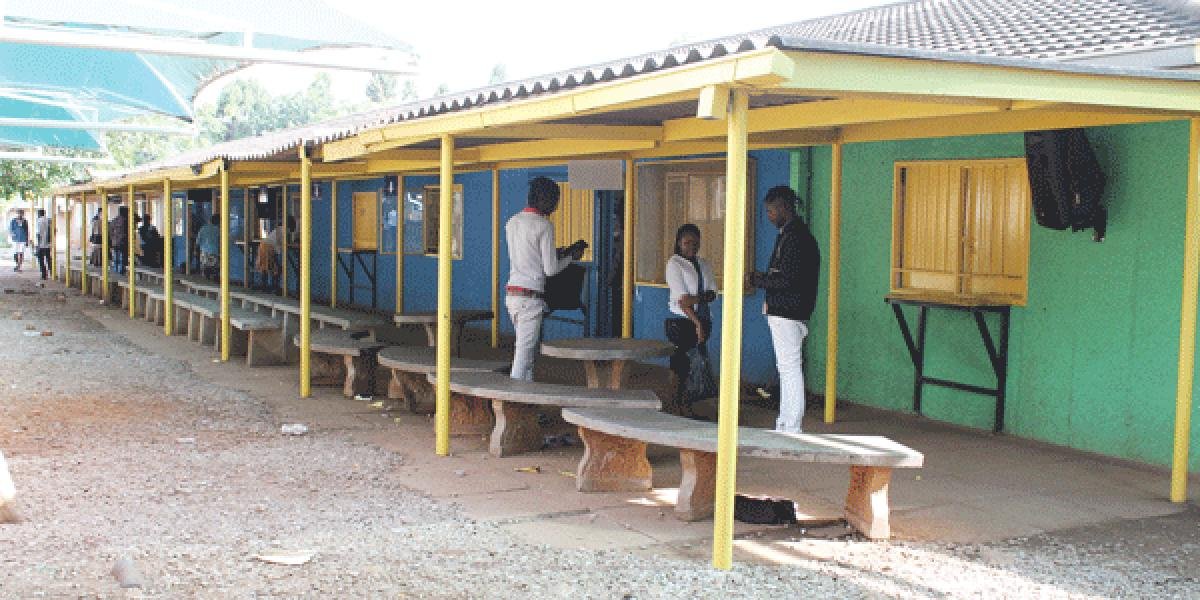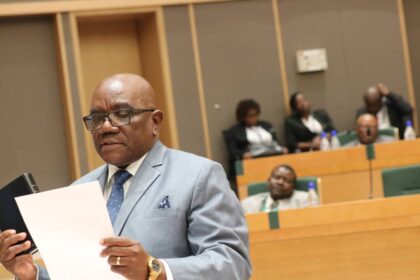ElectionsZW: IDs huddle for voters
She wakes up at 3 am, performs her household chores, before leaving for yet another day at the nearest civil registry department which lays some 15 km from her home.
Her aim is to be queued up at the gate at 5 am so she may stand a chance to finally get her national identity card after years of trial.
It’s still too early in the morning to get public transport so she risks her safety and hitch-hikes despite tales of robberies, rape, and kidnapping that populate both the mainstream and social media, all linked to boarding private vehicles.
All the way to her destination, she says silent prayers, first for her safety and then for divine intervention that on this day she may finally get her documents.
At 36, Mercy Chihwai is still to get her identity card despite years of trial.
Born and raised in Hwedza, Chihwai’s parents never got around to getting her birth certificate, something that later denied her access to many services and benefits among them the most basic of rights such as access to education and the right to vote.
What drives her is the zeal never to see her children in the same predicament.
Her eldest daughter is writing her Ordinary Level examination, thanks to a government waiver that allowed the sitting for those without identity documents.
Chihwai fears that even if her daughter passes the examination, she will never be able to proceed with her education or get employed formally, something she knows too well about.
“I have been denied from food aid, government inputs, and even some services from social welfare because I lack an identity card,” said Chihwai.
“I have not been able to vote for all the elections that have been held since I became eligible and I do not want this to also happen to my children.”
As she arrives at the civil registry offices at Majuru Growthpoint in Goromonzi, there are a few people in the queue.
A man presumed to be a worker or security at the offices hands her a small card scribbled with a number 31 which she will then use to gain entry into the offices once they open at 8 am.
Surprisingly, those that stand in the queue are less than 15 people. She tries to complain but to no avail.
The only suggestions she gets are to part with US$20 to get a good number that gives her a chance to see officials at the department.
Her story is a bit tricky because even if she gets in there is no guarantee she will get an identity document, especially without her birth certificate.
In the same queue are some people who have come of age and need to be documented and some who are seeking to replace lost documents.
As time passes by, the numbers continue to increase as people who seek different services arrive at the office.
When the gates finally open, an official from the department announces that they will only be able to serve 30 people.
Dejected, Chihwai heads back home and coins a plan of maybe going back to her Hwedza rural home when resources permit that she can drag her parents with her to the civil registry, maybe then she could sacrifice the US$20 bribe where she stands a chance at being documented.
There are a number of undocumented citizens, born and bred in the country who are being denied the right to vote.
With the by-elections for council and parliamentary seats a couple of months away and the 2023 general election campaigns already in full swing, calls to avail identity documents have been growing louder.
In recent media reports, Home Affairs and Cultural Heritage Minister Kazembe Kazembe said the Civil Registry Department will go on a nationwide outreach to issue out national identity documents to young people ahead of next year’s by-elections.
“This was a directive from His Excellency, the President Dr. Emmerson Mnangagwa and is tandem with the New Dispensation’s policy of devolution which seeks to bring services closer to the people and facilitate ease of doing business,” said Honourable Kazembe.
Though noble, mobile registration often leaves out those who do not carry birth certificates even when they are trying to replace lost identity cards.
Thus in the past, Chihwai and many others in a similar predicament have been left undocumented.
ElectionsZW: IDs huddle for voters



